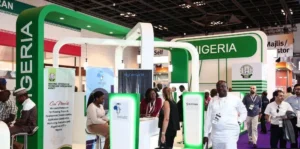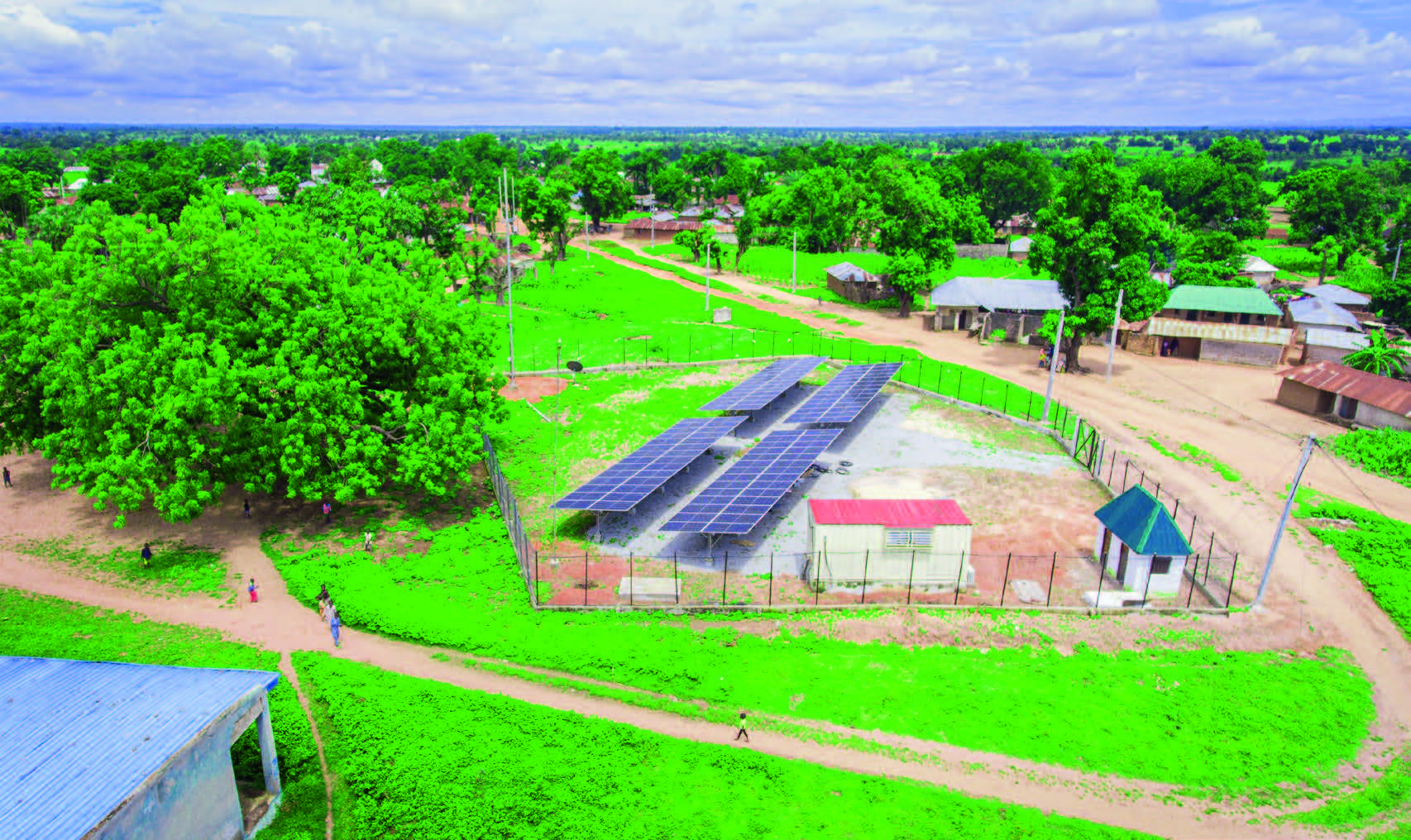
Energy Access Through Mini-Grids: Powering Nigeria’s Rural Transformation
For decades, millions of Nigerians living in rural and peri-urban communities were locked out of the national grid, relying instead on expensive and polluting diesel or petrol generators. This energy gap not only stifled economic activity but also limited access to healthcare, education, and basic household needs.
Recognizing the urgency, Nigeria embraced an innovative solution: solar hybrid mini-grids — localized, renewable energy systems that can operate independently of the national grid while providing reliable electricity to underserved areas.
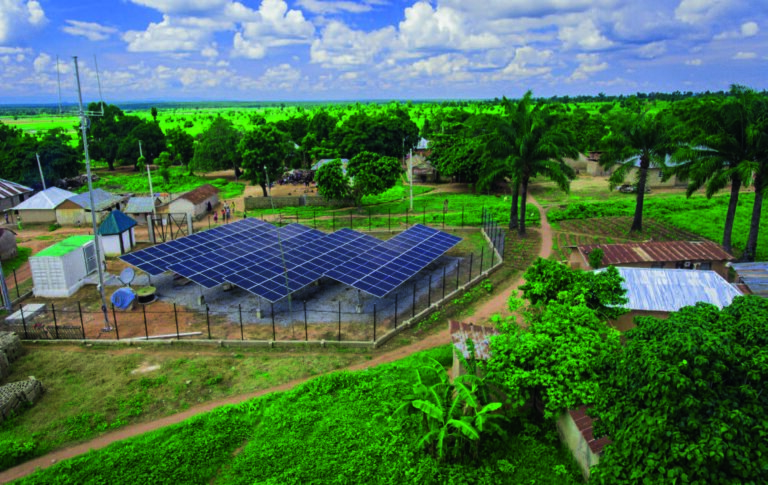
The Rise of Mini-Grids in Nigeria
The turning point came in the mid-2010s, when the Federal Government, in collaboration with the World Bank and the Rural Electrification Agency (REA), rolled out frameworks to attract private sector investment in off-grid solutions. By creating policies that de-risked investment and offering incentives, Nigeria positioned itself as a pioneer in Africa’s decentralized energy revolution.
Private firms like Rensource Energy and Husk Power Systems seized the opportunity. Through partnerships, financing, and innovative business models, they began deploying solar hybrid mini-grids across rural Nigeria. These grids combine solar photovoltaic panels with battery storage and, in some cases, backup diesel, ensuring round-the-clock supply.
Impact on Communities
Today, Nigeria stands tall as Africa’s largest mini-grid market, with over 150 solar hybrid mini-grids in operation. The impact is profound:
- 1.5 million Nigerians now have access to reliable electricity in areas that were once “dark zones.”
- Rural households have significantly reduced dependence on costly generator fuel, saving families money each month.
- Small businesses and SMEs — from barbershops to agro-processors — are thriving with steady power, boosting local economies.
- Schools and health centers can now operate with uninterrupted electricity, powering fans, lighting, digital tools, and life-saving equipment.
- Environmental benefits are evident, as solar hybrid systems displace fossil fuels, cutting down carbon emissions and indoor air pollution from kerosene lamps.
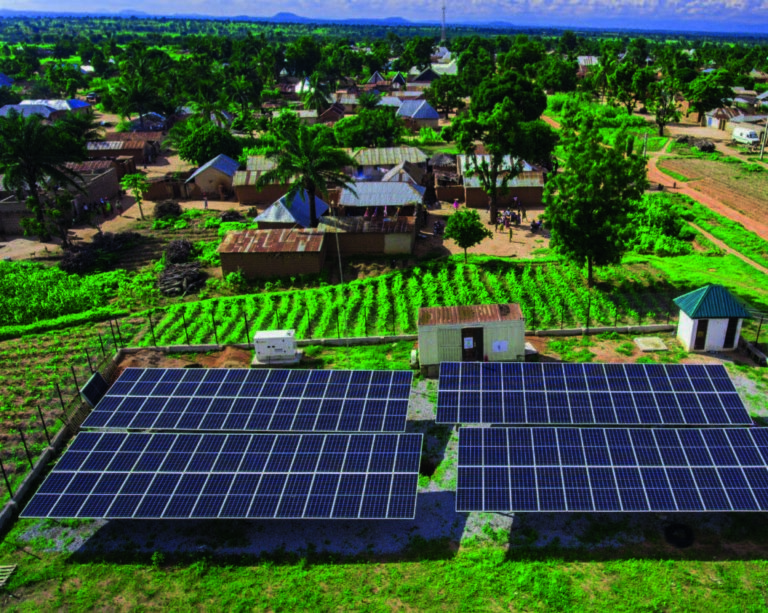
Why This Matters
Energy access is more than electricity — it is an enabler of prosperity. By lighting up rural Nigeria, mini-grids are tackling poverty, creating jobs, and opening doors for digital inclusion. Farmers can power irrigation pumps, artisans can run machinery, and children can study at night under clean, safe light.
Moreover, the success of Nigeria’s mini-grid sector is a continental beacon. It demonstrates that public-private partnerships, clear policies, and innovative financing can deliver energy to the last mile at scale.
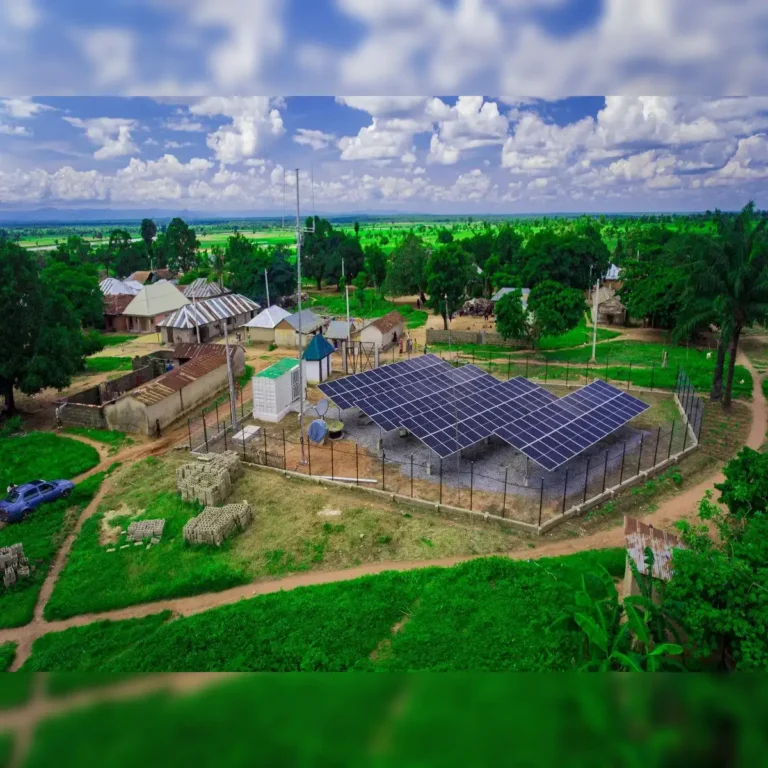
The Road Ahead
While progress is undeniable, the journey is far from over. Nigeria still has more than 80 million people without reliable electricity access. Scaling mini-grids from 150 to thousands, coupled with smart grid integration, will be key to achieving universal energy access.
Yet, one thing is certain: the story of Nigeria’s mini-grids is no longer about potential — it is about impact already made. Communities once left behind are now part of Nigeria’s growth story, powered by clean, renewable energy
More Stories
Tech Unicorns Put Nigeria on the Map
Tech Unicorns Put Nigeria on the Map Nigeria has rapidly...
Read MoreNollywood and Afrobeats Conquer the Globe
Nollywood and Afrobeats Conquer the Globe Nigeria’s creative economy has...
Read MoreDangote Refinery Comes Onstream
Dangote Refinery Comes Onstream In May 2023, Nigeria marked a...
Read MoreThe Lekki Deep Sea Port is Operational
Lekki Deep Sea Port: Anchoring Nigeria’s Maritime Future Commissioned in...
Read More
